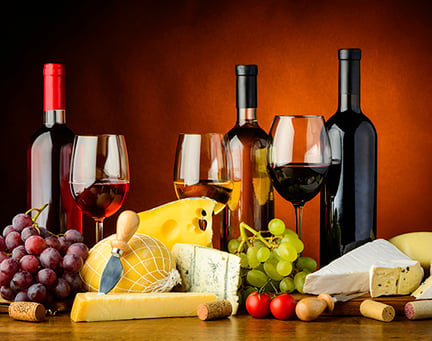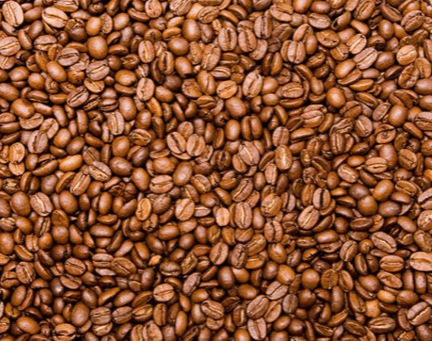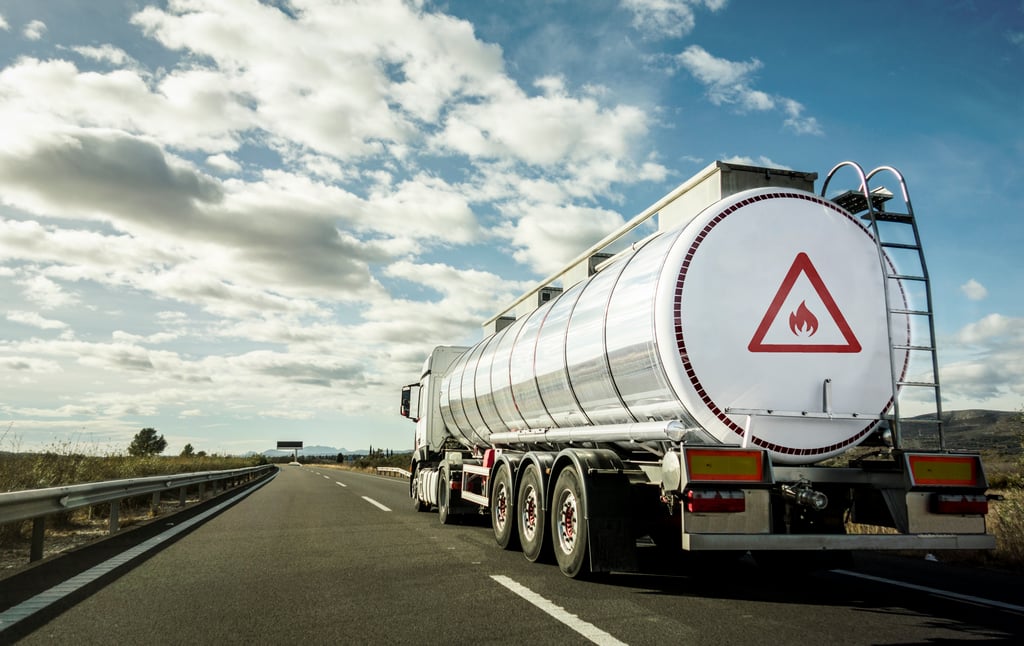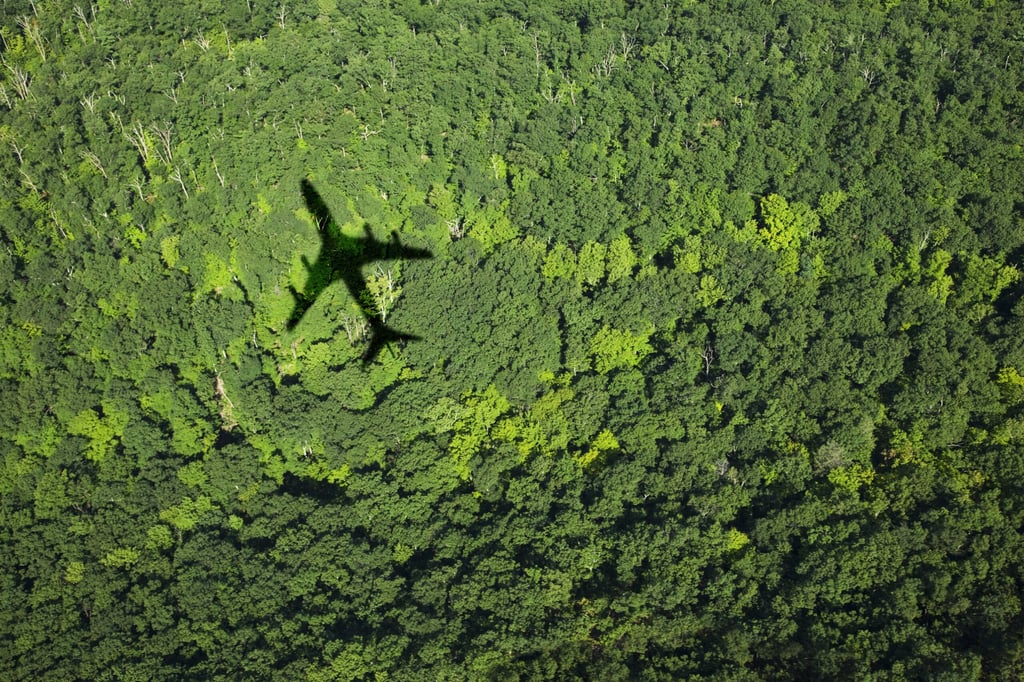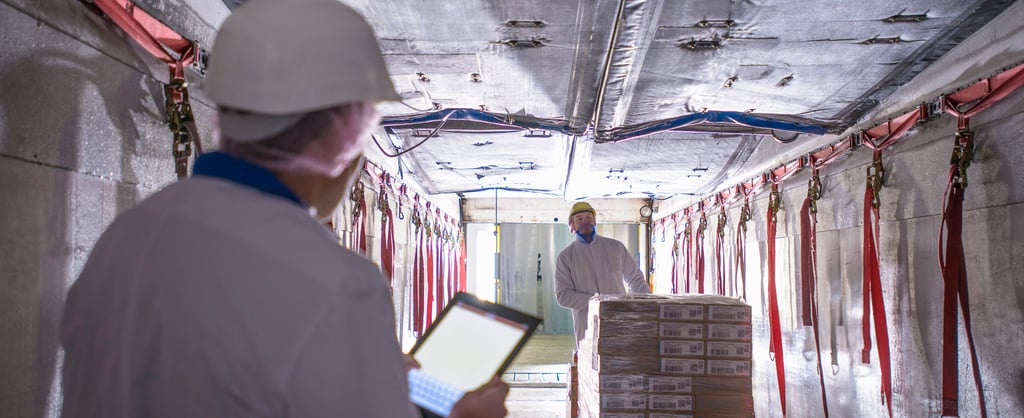
FDA-Recognized VQIP Certification for Importers of Food for Humans & Animals.
Demonstrate your commitment to food safety in the US with FSMA certification.
Learn about Implementing the FSMA Voluntary Qualified Importer Programme (VQIP)
Overview
The U.S. FDA Food Safety Modernisation Act (FSMA) aims to ensure the food supply is safe by shifting the focus of federal regulators from responding to contamination to preventing it.
Perhaps one of the most groundbreaking shifts for the FDA is a much stronger focus on Import Safety, where importers are now responsible for ensuring that their foreign suppliers have adequate preventive controls in place. FSMA regulations require food imported from abroad to be as safe as domestic food.
To support US food importers who work with their foreign suppliers to meet FSMA requirements, the FDA has introduced the Voluntary Qualified Importer Programme (VQIP).
What is VQIP and its requirement for Accredited Third-Party Certification?
The FDA has established a voluntary programme for the expedited review and importation of foods from importers who achieve and maintain a high level of control over the safety and security of their supply chains. This control includes importation of food from facilities, including farms that have been certified in accordance with FDA’s programme for the accreditation of third-party certification bodies to conduct food safety audits and to issue certifications as well as other measures that support a high level of confidence in the safety and security of the food they import.
FSMA certifications issued under the US FDA accredited third-party certification programme are used:
- By US importers that will use certifications of foreign suppliers, including farms, to help establish their eligibility to participate in the Voluntary Qualified Importer Programme (VQIP), which is a voluntary programme that provides for the expedited entry of food imported by participating importers.
- For supplier verification activities under the Preventive Controls for Human Food Rules, Preventive Controls for Animal Food Rules, and Produce Safety rules.
- When required by FDA as a condition of entry. For example:
- safety risks associated with the food product
- food safety risks associated with the country, region, or origin of the food
- the capability of the regulatory system of the exporting nation to ensure compliance with FDA safety standards
What we offer
LRQA offers extensive global food supply chain and food safety experience, and we are ready to help your organisation and your supply chain with FSMA.
- Trusted food safety and supply chain experience - LRQA has been at the forefront of food safety standards development and is a market leader in ISO 22000, FSSC 22000, BRC, IFS and HACCP certification and training. This is why many of the world’s leading food, beverage, packaging and animal feed manufacturers choose LRQA to certify their organisations and their supply chains.
- Technical expertise – LRQA food safety technical experts contributed toward the development of HACCP, ISO 22000, PRPs and FSSC 22000, giving your organisation and your supply chain the confidence that you’re working with experts in food safety management systems. Our food safety assessors and technical specialists have some of the most extensive food safety and food supply chain experience in the world. Many are hand-selected to provide input into the work of the ISO technical committees as well as the Foundation for Food Safety Certification and are able to provide first-hand insight into requirements of the standard and its logic.
- Accreditation - Globally, LRQA has been independently accredited by UKAS for ISO 22000 and FSSC 22000 certification. For FSMA, LRQA is actively pursuing accreditation under the FDA FSMA Accredited Third-Party Certification programme.
- Proven client satisfaction – Year after year, LRQA clients continue to report high satisfaction ratings of our service and technical support, and many recommend LRQA to their colleagues and industry peers. Review what LRQA clients say.
- Impartiality and objectivity – With no shareholders of our own, we are independent and impartial in everything we do. We are committed to acting with integrity and objectivity at all times.
- Assessment methodology – LRQA helps you manage your systems and risks to improve and protect the current and future performance of your organisation. Our approach is built on three pillars and extends the focus beyond the certificate to an assessment approach designed to help organisations meet their strategic objectives. And we’re confident that LRQA further helps our food and beverage clients minimise and better manage their food safety risks.
- FSMA and Food Safety Training – LRQA offers an extensive range of FSMA Training Courses (including PCQI Human Food, PCQI Animal Food, HARPC, HACCP and FSVP), ISO 22000 training and FSSC 22000 training courses that are recognised by the Foundation for Food Safety Certification and/or IRCA. Browse LRQA FSMA and Food Safety Training.
Benefits and eligibility
What are the VQIP Eligibility Criteria?
Importers who wish to benefit from faster review and entry of food imports should ensure their foreign supplier facilities, including farms, receive FSMA accredited Foreign Supplier Facility Certification. To be eligible, importers must:
- Have a Quality Assurance Programme (QAP) in place
- Achieve assurance of compliance with the supplier verification and other importer responsibilities under the applicable FSVP or HACCP regulations, issued under the FDA’s accredited third-party certification regulations
- Achieve facility certification, including farms, issued under FDA’s accredited third-party certification regulations for each foreign supplier of food in VQIP
- Have a 3+ year history of importing food to the US
- Have no ongoing FDA administrative or judicial action or other history of non-compliance with food safety regulations by the importer, entities in the supply chain or for the food
- Have a DUNS number
What are the benefits of VQIP and why is it important?
Importers who participate in VQIP receive faster review and entry of food imports. Certification through FDA’s Accredited Third-Party Certification Programme is one of the eligibility criteria for participation in VQIP.
FDA anticipates that the agency will begin to accept applications from importers who wish to participate in VQIP in 2018.
Importers who receive accredited VQIP certification have a number of benefits, including:
- FDA will expedite entry into the US for all foods included in an approved accredited VQIP application
- FDA will limit examination and/or sampling of VQIP food entries to “for cause” situations, to obtain statistically necessary risk-based microbiological samples and to audit VQIP.
- FDA will attempt to the extent possible to examine an entry and collect samples at the VQIP food destination or other location preferred by the VQIP importer
- FDA will expedite its laboratory analysis of “for cause” or audit samples of VQIP entries to the extent possible
- Market and competitive advantage with an FDA-recognised and accredited certificate from LRQA, a global market leader in food safety certification
- Additional independent assurance to help give your organisation confidence in your ability to meet FSMA requirements
What types of organisations should pursue VQIP?
There are tremendous benefits for importers that choose to comply with FSMA’s VQIP by seeking accredited certification from LRQA for their foreign suppliers to help build credibility and trust that an independent set of food safety expert eyes are helping to assure your organisation is fulfilling its responsibilities under the FDA FSMA VQIP.
Under FSMA, importers have the responsibility for a variety of important actions, including:
- Determining known or reasonably foreseeable hazards with each food
- Evaluating the risk posed by a food, based on the hazard analysis, and the foreign supplier’s performance
- Using that evaluation of the risk posed by an imported food and the supplier’s performance to approve suppliers and determine appropriate supplier verification activities
- Conducting supplier verification activities
- Conducting corrective actions
For a detailed explanation of what these responsibilities for importers under FSVP entail review this fact sheet from the FDA.
If your organisation is already managing its own 2nd party supplier verification programme, why not add credibility and trust to it with accredited VQIP certification from LRQA that can give your organisation market and competitive advantage while also helping to expedite entry?
Is participation in the VQIP programme required in order to require or encourage your foreign suppliers obtain accredited third-party facility certification under FSMA?
No. Your organisation can still benefit from accredited certification even if you choose not to participate in the formal VQIP programme. If your foreign suppliers into the US achieve FSMA accredited third-party certification under the FDA programme, you can benefit from market and competitive advantage by gaining even more confidence in your supply chain.
What if my foreign supplier is already HACCP, FSSC 22000 or BRC Certified?
If your foreign supplier facility is already certified to HACCP or a GFSI-recognised food safety standard, a FSMA accredited certification can be added to an existing certification assessment.
Why choose LRQA?
LRQA has been at the forefront of food safety standards (including the development of HACCP, ISO 22000 and FSSC 22000) and support for the Global Food Safety Initiative (GFSI).
Over 5000 food, beverage, packaging and ingredients companies choose LRQA globally. Our food safety technical experts contribute to the development and continual improvement of food safety standards, giving your organisation and your supply chain the confidence that you’re working with experts.
Your business helps LRQA to help others
The profits we generate fund the LRQA Foundation, a charity that supports engineering-related research, education and public engagement around everything we do. All of this helps us stand by the purpose that drives us every single day: working together for a safer world.
Independent & Impartial
We maintain our independence and impartiality by proactively managing conflicts of interest across all LRQA businesses including those which may exist between consultancy and third-party certification services. We will not offer consultancy services for any management system that is in the process of or has completed accredited third-party certification with LR. Further, if we are already providing consultancy services relating to a management system, we will not offer any accredited third-party assessment services.
